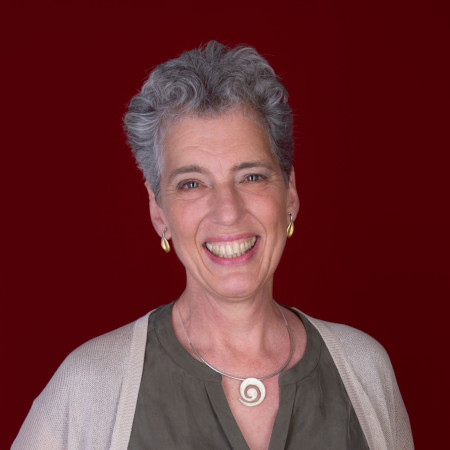Tool set for potato growers
Researchers at the University of Düsseldorf are developing genetic approaches to accelerate the path to new varieties.

The potato is the third most important cultivated plant in the world and several thousand varieties have emerged since the beginning of its cultivation. And yet it is a "problem child" for plant breeders, as its biological properties do not make it easy for them: the potato's genetic material is tetraploid, which means that there are four copies of each gene, each of which can be different. It is difficult to tell which version - or even which combination of versions - promises the best properties for the plant. Additionally, a potato plant produces relatively few offspring compared to other cultivated plants, which makes it difficult to evaluate new varieties.
Great demand for new varieties
The demand for new varieties is high: industry requires potatoes with a high starch content, the food sector hopes for a higher nutrient content and farmers need varieties that are resistant to diseases and pests and that have adapted to climate change.
Plant researchers at the Heinrich Heine University in Düsseldorf are now working with breeding companies to develop a kind of toolkit for faster breeding of new potato varieties. The participating companies and the Federal Ministry of Agriculture are providing around 2.7 million euros for the three-year PotatoTools project.
Lacking a reference genome
The aim of the project is to use genetic markers to predict the potential of potato breeding. But a missing reference genome for the cultivated potato is not the only problem the team is facing. Important molecular biological methods, such as high-throughput screening using SNP arrays, i.e. mutations of individual base pairs, have not yet been established for the nightshade plant. The project partners hope to use PotatoTools to create these. Last but not least, the project aims to show how the new methods can be integrated into the established breeding process.
bl/siw


